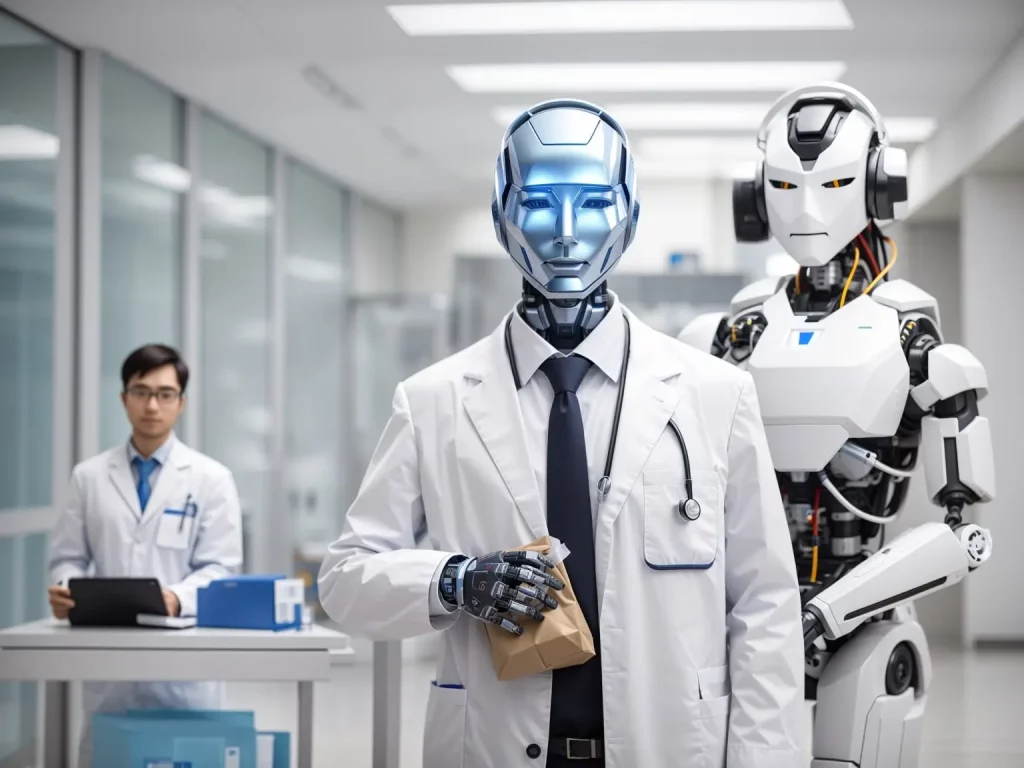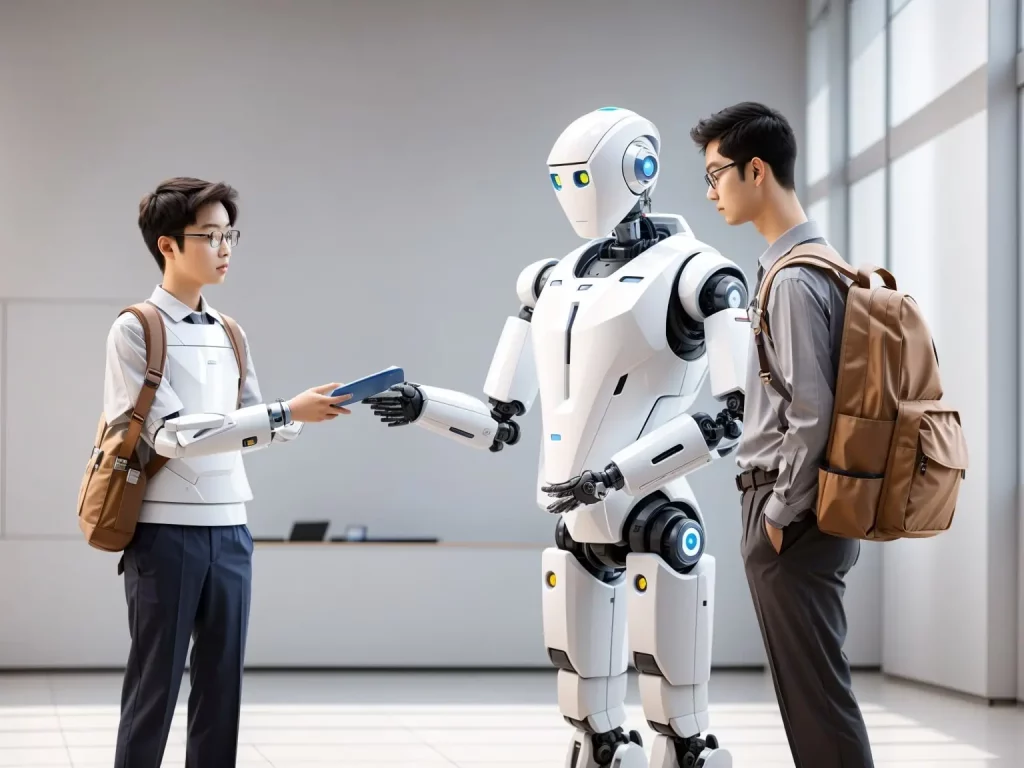Whenever it comes to social life, we discuss ethical considerations. Humans are always conscious of ethical concerns and never take risks which can cause consequences later. Yet, the case for AI is different; that’s why we’ll explore the ethical implications of AI in 2023.
From micro tasks to managerial-level decision-making, AI is doing its job amazingly. Regardless of industry type, AI is getting more and more popular and involved in all aspects.
Ethical Implications of AI in Healthcare

There is no doubt that AI can contribute to its peak in healthcare. Also, the use of AI in healthcare brings forward several ethical concerns. One major issue is data privacy. Patients trust their personal health information to be secure.
However, AI systems may be vulnerable to breaches. There’s also the matter of decision-making. When AI suggests treatments, it challenges the traditional doctor-patient relationship. The spread of fake news using AI in healthcare poses severe ethical challenges. Misinformation can lead to widespread panic, misdiagnosis, or misuse of treatments.
AI-driven fake news can spread rapidly, reaching large audiences in short timeframes. This is particularly concerning in healthcare, where accuracy is paramount. Relying on AI-generated content without verification can endanger public health.
Additionally, if the data used to train AI is biased, it can lead to unfair health outcomes. That’s why there is a need for transparency. Adding or integrating a decision system in healthcare is crucial for trust and accountability.
Ethical Implications of AI in Education

The integration of AI in education presents significant ethical challenges. One prominent concern is the potential for AI systems to impart information that might not align with established value systems.
If not watched closely, AI systems might spread content that goes against our cultural values or unintentionally add bias. This makes us wonder where AI gets its information if its methods are fair, and if people should oversee it more.
Ethical and Social Implications of AI
Humans are now getting more involved in the rat race and ignoring the feeling of living in the present moment. This is very dangerous for mental and physical health.
Let’s discuss the social and moral implications of AI:
- Biases
First of all, humans are biased towards something, but now machines are also biased. For example, if you command an AI image generator to make the face of a man or woman. It will definitely design a white man’s face.
Why?
Why only white men, not brown or dark complexions?
Well, the answer is that Artificial intelligence is trained in that way. Since engineers prepare it in the first place, they input the initial data. This data stays in ML memory as a hand stamp, and it responds accordingly.
Therefore, training AI is in itself a biased process regardless of the outcome. Unless the standards to train it aren’t considered, it can cause ethical issues.
- Control Problems
Secondly, autonomous vehicles and self-driving cars are becoming popular nowadays, which is excellent. In some conditions, it may not be able to handle the situation.
For instance, if a child suddenly comes in the middle of the road and a car is passing nearby. Since the vehicle can analyze the traffic and other road conditions quickly. But the child came in the way within the blink of an eye. How will the car respond? Does it slow down, stop or continue its velocity?
These questions have doubtful implications for AI.
- Financial Trading
Traditionally, all financial transactions are made through manual channels. Whether it’s depositing tasks or the sale or purchase of stocks. People do these things by hand and get it done.
In the financial sector today, much of the work is closely tied to Artificial Intelligence. This includes tasks like analyzing large data sets and offering predictions on upcoming stock trends.
- Privacy
Privacy is a very crucial and unignorable concern when it comes to AI. All of the tasks need some data as input to generate results. At the same time, these inputs are stored in servers and then used for marketing activities.
For example, if a child is talking to a robot with questions not suitable for their age. It can cause consequences and brainwash the child’s mind.
- Power Balance
The worldwide push to lead in the domain of artificial intelligence is more than just technological progress; it’s about influence. China’s government backing for AI projects showcases their plan to determine a decisive role.
Similarly, Putin’s declaration underscores the belief that AI supremacy equates to global dominance. As nations strive to lead in AI, the balance of global power teeters on the edge, waiting for a clear leader to emerge.
Conclusion
All in all, getting back is impossible now without AI. No matter what consequences humanity has to bear, people have to utilize it. By investing in better training and refining its algorithms. We can ensure that AI works to our advantage. Ultimately, our ability to optimize the benefits of AI. Also our commitment towards the Implication of AI in Healthcare and Education. Because we’re responsible for its ethical development and application.


